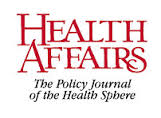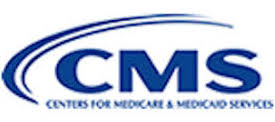Tackling Social Determinants of Health
Two states are working to address social determinants of health through their Medicaid programs.
 In California and Oregon, the state Medicaid programs are using care coordination and funding from multiple sources, including traditional Medicaid funding, alternative payment approaches, and savings from care coordination to provide services such as housing, food, and legal assistance while also building the capacity of health care and community groups to support such efforts. Both states obtained federal Medicaid waivers to enable them to expend Medicaid resources on non-Medicaid-covered services.
In California and Oregon, the state Medicaid programs are using care coordination and funding from multiple sources, including traditional Medicaid funding, alternative payment approaches, and savings from care coordination to provide services such as housing, food, and legal assistance while also building the capacity of health care and community groups to support such efforts. Both states obtained federal Medicaid waivers to enable them to expend Medicaid resources on non-Medicaid-covered services.
Learn more about how California and Oregon are using their Medicaid programs to address social determinants of health in the Health Affairs report “Medicaid Investments To Address Social Needs In Oregon And California.”
 According to a recent post on the CMS blog (in CMS’s own words),
According to a recent post on the CMS blog (in CMS’s own words), According to the news release, those changes include:
According to the news release, those changes include:
